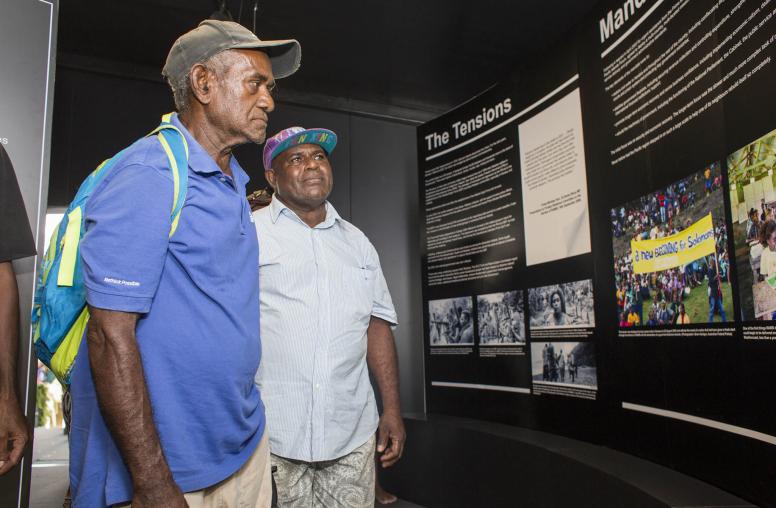Measuring Peace: A Report Card on Peacemaking Efforts and the Presentation of a New Institute Book
Issues examined:
- Has the nature of conflict changed in the post-Cold War era and are these conflicts intractable?
- What is the definition of success for a peace settlement? What are the factors that determine success or failure?
- What lessons have been learned from recent peace settlements? Are these lessons applicable to current efforts in Bosnia, Africa and the Middle East?
- What is the role of third parties in implementing peace agreements? Do the United States, NATO and the UN have a constructive role to play?
Speakers
- Chester Crocker
Research Professor of Diplomacy, School of Foreign Service, Georgetown University; Former Assistant Secretary of State for African Affairs - Iain Guest
Senior Fellow, US Institute of Peace - Fen Hampson
Professor of International Affairs, Carleton University - Paul Hare
Senior Fellow, US Institute of Peace; Vice President, Middle East Institute and U.S. Special Envoy to Angola
Media Inquiries
Please contact Ian Larsen (+1.202.429.3870) or Lauren Sucher (+1.202.429.3822) in the Office of Public Affairs and Communications.




